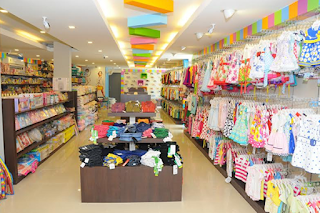Hamleys is already the
largest toy retailer in India with 26 stores across 14 cities since its entry
six years ago. It now intends doubling its number of stores within the next two
years.
Reliance Brands, the
master franchise for Hamleys India, is already on the job of launching six new
stores this fiscal in tier 2 cities like Bhopal, Coimbatore and Guwahati under
different formats including its smaller express stores.
The toy industry may lack
buoyancy but India has emerged as the third largest market for Hamleys after UK
and West Asia.
India is already the
largest market in terms of number of stores and is growing much faster at 33
per cent for Hamleys than countries in Western Europe where growth is in single
digits today. While we have 88 stores across 23 countries, India is our third
largest market after the UK and GCC countries,’’ said Gudjon Reynisson, Chief
Executive, Hamleys.
In India, Hamleys
continues to import the bulk of its toys from China for its private label and
sources the rest from distributors like Funskool, and has also included popular
Indian characters like Chota Bheem at its stores.
Darshan Mehta, CEO,
Reliance Brands, said, “ India is possibly the fastest growing market for toy
retail. Now we have six new stores under construction mostly in the tier 2
cities and should reach a total count at 32 stores this fiscal. Consumers are
going to malls where we are present and we want our stores to be there in even
smaller markets like Ludhiana. ’’







































